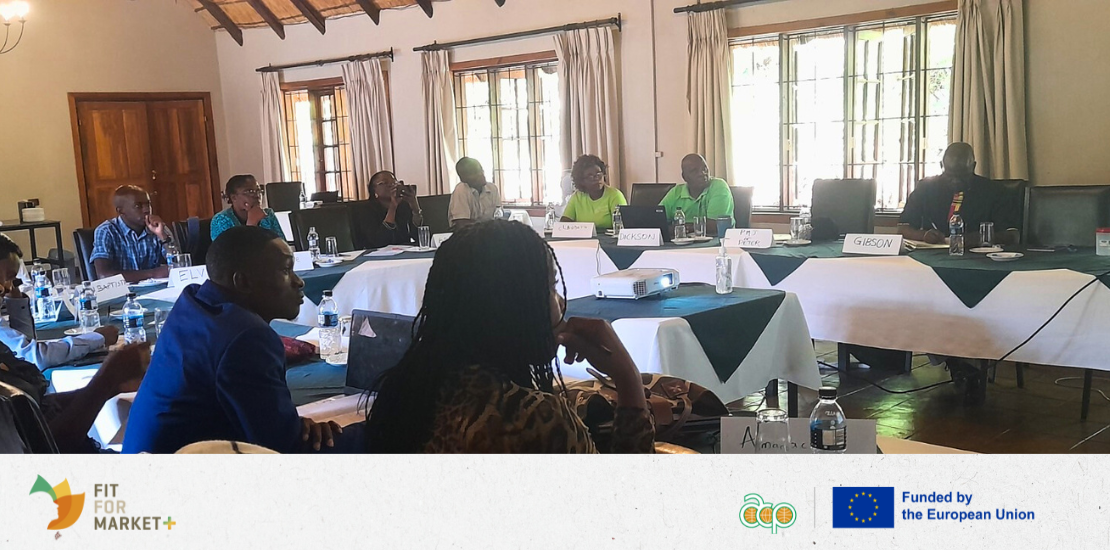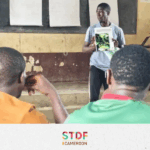- 04/12/2024
- Posted by: Sandra Borma
- Category: News

Achieving more with less – the case of Malawi
The positive increase in the number of FFM+ applications received by COLEAD from Malawi since the launch of the programme in the country illustrates the dynamism of the country’s private and public sectors. Another factor is the involvement of the Malawian Embassy in Brussels, which has disseminated information about the programme, to the Malawi Investment & Trade Centre, which has played an important role in promoting FFM+ to potential partner beneficiaries.
To date, COLEAD has received 82 applications and is implementing 61 development projects in the country (47 with companies and producer groups).
Given the number of requests and the corresponding needs, on the one hand, and the budgetary resources available to a country through an all-ACP programme such as FFM+, on the other hand, collective and cross-cutting actions are favoured. This makes it possible to cover a wide range of needs.
These cross-cutting activities are essentially collective training courses. They covered a wide range of topics, reflecting the diversity of needs: market access; good hygiene practices; phytosanitary measures; capacity building in training and communication techniques on food safety, phytosanitary and business; sustainable waste management; data collection; commercial negotiations; good hygiene practices; accounting and financial management; food safety quality management system and traceability.
5 tailor made development projects are being established. For example, technical assistance was provided to the Corporate Institute of Horticulture (CIH) and the Horticultural Cooperative Union of Malawi (HORTCUM) to help them become GLOBALG.A.P compliant, thereby increasing their access to regional and international markets.
CIH, a training and aggregation hub established in 2019, operates a model farming system and focuses on supplying domestic markets. However, it faced challenges such as inadequate risk assessments, waste management, and record keeping for the quality management system.
HORTCUM, an umbrella cooperative organisation, supports member groups in marketing a wide range of crops. Their challenges included a lack of consistent training for cooperative leaders and the need for improved infrastructure such as chemical storage and irrigation systems.
Both organisations developed action plans tailored to address these gaps, supported by detailed coaching (post-training support). Future steps include developing internal audit capacity and targeted investment in infrastructure to improve compliance.
To do more, and to address the many specific requests that could become individual and customised projects, COLEAD is actively seeking partnerships and collaborations in the country.
This activity is supported by the Fit For Market Plus (FFM+) programme, implemented by COLEAD within the Framework of Development Cooperation between the Organisation of African, Caribbean and Pacific States (OACPS) and the European Union. This publication receives financial support from the European Union and the OACPS. The content of this publication is the sole responsibility of COLEAD and can in no way be taken to reflect the views of the European Union or the OACPS.





